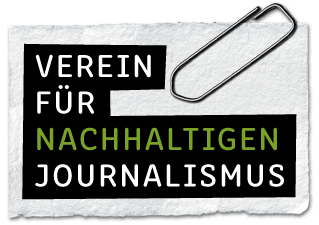Horst Geckeis, Karlsruhe Institute of Technology (KIT)
- Details
- Written by Martin Arnold
"Perhaps not as much time"
Professor Horst Geckeis deals with nuclear waste management and the resulting safety issues at the Karlsruhe Institute of Technology (KIT).
"Perhaps we don't have as much time as many people believe to bring the radioactive material into a deep repository. Of course, deep geologic disposal isn't without risk. We're focusing for example on an incident of water infiltration to estimate the impact of potential pollutant dispersion over a longer period of time. But: there's also a risk in delaying to make a decision on a repository site. 13 German research institutes joined forces to establish the German Association for Repository Research. Under my leadership, they are dealing with advancing the knowledge that was amassed over decades on how to dispose of radioactive waste in deep geological formations in the Federal Republic of Germany. Despite the new site selection procedure, brought into force in 2013, we're not starting from scratch. The existing knowledge is now being incorporated into the work of the Commission on Storage of High-level Radioactive Waste Material, which was appointed by parliament. The criteria drawn up by that commission certainly represents a good basis to now be able to select suitable, safety-focused siting regions and locations. But the disposal issue can never be solved on only a scientific-technical level; the challenge ahead now consists of involving society in a suitable manner in the overall process to be able to consider all aspects and existing concerns. However, it also has to be clear that in the end, there has to be a solution to the problem. Failure is not an option! In this regard, we have to learn from the mistakes of previous repository projects in Germany. But it's clear that further delays in the process will generate further uncertainties, for instance related to extended intermediate storage. For me, we also have to consider a scenario involving economic collapse. We've experienced this more than once in the past 100 years, and if this scenario occurs, then it's possible we'll no longer have the means to safely dispose of the radioactive waste. The task of this and the next generation will therefore be to find a location that is geologically suitable and politically as well as socially acceptable. I'm convinced now more than ever that this can be accomplished in Germany in a fair selection process. From today's perspective, a repository in deep geological formations is a sensible and already now a technically feasible disposal concept. The German disposal commission also sees it like this. The version favoured by the commission to allow facilitated retrievability of the waste over several decades even after storage is completed is worth considering carefully. But such concepts cannot be allowed to jeopardise the safety of the repository. Scenarios such as access by unauthorised persons or unanticipated water ingress have to be taken into consideration. Organising and financing retrieval or permanent closure have to be ensured in the long term. As for the related issues that may occur only at the end of this century or over the course of the next one, answers need to be found already today. The time-scale demonstrates the problem. I therefore regard long-term safeguarding of nuclear know-how and a continuous research strategy as indispensable. Only in this way can we actively receive and pass to the next generation the knowledge about the waste found in the repository, how it came to be and what its properties are. Burying and forgetting is clearly not an option."
Read more:
Best forgotten






